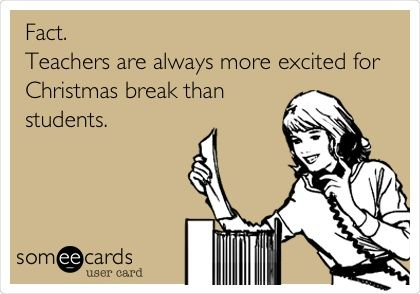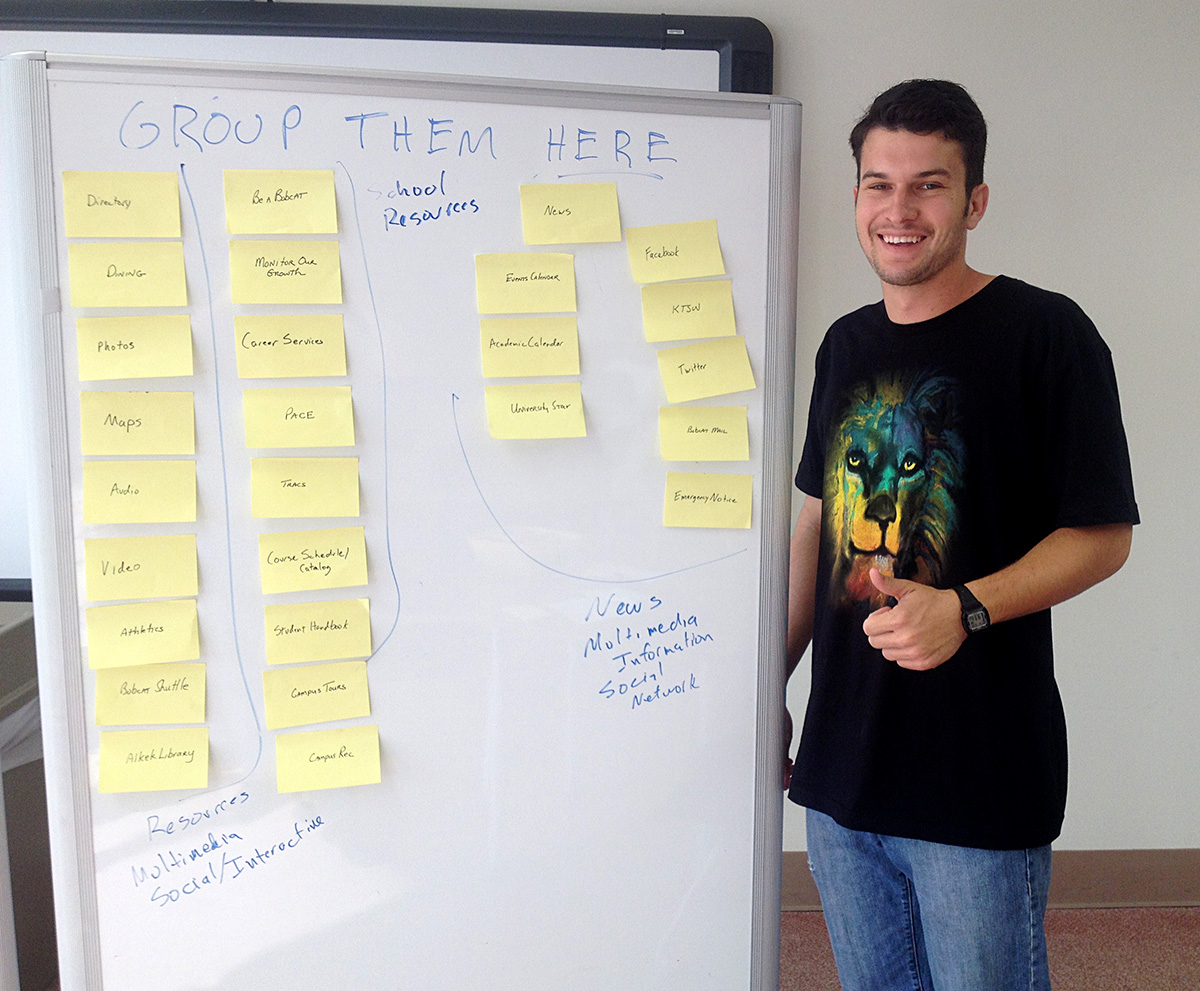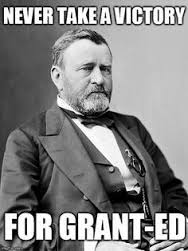 Midterm test question for teachers!
Midterm test question for teachers!
1. What do most classrooms look like this week, the week before
midterms?
Students completing review packet independently
Students completing review packet with friends
Teacher desperately speed-teaching to cover content and catch up in pacing
Lower-level review games (a la Jeopardy)
The answer is e. All of the above!
Hahaha! We don’t ACTUALLY use the phrase “all of the above” (or “none of the above”) as an answer choice on state or district assessments anymore. But here, it’s true!
 There’s nothing wrong with any of those activities. But you all know how I feel about higher order thinking. Our midterms involve a lot of higher order thinking. And those activities are tough to make higher order.
There’s nothing wrong with any of those activities. But you all know how I feel about higher order thinking. Our midterms involve a lot of higher order thinking. And those activities are tough to make higher order.
And let’s face it. We teachers count down to Winter Break as much as kids do. Except our “to-do” lists are holiday related AND grading related.
In light of my recent holiday deal-shopping, I’d like to offer a BOGO (Buy One, Get One) review game deal so you can
Use more higher-order thinking
Stop making kids do big review packets
Channel their pre-vacation energy into learning
Buy One Higher Order Review Game #1: Human Timeline
Prep:
1. Create note cards or sticky notes with vocabulary terms on them
2. Make sure each student has ONE vocab term card or sticky note.
3. This activity works best when the terms or events are not entirely linear in time, when there is some debate or discussion or “grey area” about the terms -- but when they are in the same unit or general time period
4. Students should KNOW and understand their term before they start. Depending on your kids/schedule, you may need to let them review or look up their term to refresh their memories.
 Play:
Play:
5. Ask your students to “be” their terms and put them into chronological order (a timeline)
6. Have them discuss with each other which term should be before another and why. Debate and conversation is more than okay -- it’s THE POINT!
7. Have the students line up with the “earliest” term on one end and the “latest” (or most recent term) on the other end by talking with each other and placing themselves in line.
8. Give students a time limit if that helps keep them focused
9. Have each student explain to the class WHY his or her term was before or after his or her neighbors.
 Benefits of Human Timeline:
Benefits of Human Timeline:
Student collaboration & discussion
Students making connections between terms
Students examining terms in context (usually historical context)
Students are active, out of seats.
Students may examine cause and effect related to terms
Watch Out For:
The confusion that occurs with “in the meantime” or simultaneous events. This is a great teachable moment!
Looking at concepts as “events”. This works better for some content than others.
Need to differentiate. Maybe struggling kids will be more successful with more “concrete” events (the kinds with dates) and advanced kids may enjoy the challenge of trying to put a more nebulous “event” (like a long-term event or an idea) into the timeline
Get 1 Free! Higher Order Review Game #2: Card Sort (Haha! They’re actually both free!)
Prep:
 1. EITHER create note cards with vocabulary terms on them OR use your vocab cards from the “Human Timeline” activity.
1. EITHER create note cards with vocabulary terms on them OR use your vocab cards from the “Human Timeline” activity.
2. Make sure each student has ONE vocab term card or sticky note.
3. Depending on your students, have them try this in group
Play:
4. Have students work together to put their terms in categories that make sense to them!
5. Ask them to put the terms in at least THREE different categories.
6. You may give them a time limit to keep them focused.
7. They might consider categories such as (but they can definitely make their own categories)
17th Century, 18th Century, 19th Century
People, places, things, events
National level, state level, local level
Colonist Side, British Side, both sides, neither side
8. Ask the students to explain how each term fits into the student–determined categories.
9. Next, ask the students to use the SAME terms but put them in a NEW, SECOND SET of categories.
10. You may want to impose a time limit again.
11. Ask the students to explain how each term fits into the category
12. Have the students use the same terms to put into a THIRD set of categories.
13. Again, impose a time limit if that will help your students.
14. Ask the students to explain (or defend) their explanations.
 Benefits of Card Sort:
Benefits of Card Sort:
Student collaboration and discussion.
Students are active, out of seats
Students have to find similarities and differences between terms
Students have to categorize and group (and label) terms and concepts.
Students have to distinguish unique characteristics of terms/concepts
Watch Out For:
 One or two kids doing all the work in the group. Instead, give each student a job, like “card mover”, “category labeler”, “timekeeper”, “presenter”, or “facilitator”.
One or two kids doing all the work in the group. Instead, give each student a job, like “card mover”, “category labeler”, “timekeeper”, “presenter”, or “facilitator”.
Kids struggling to create more categories as time goes on. Maybe a hint will get them moving?
Differentiation. Allow the faster-moving group to work on a fourth set of categories, while the slower-moving group can stop at two sets.
As always, I love to hear how it goes! Let me know how one or both of these Review Games go!
Have a great week!
-Tracy